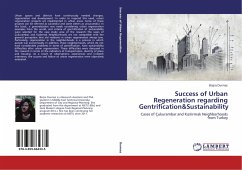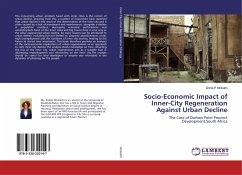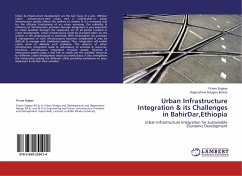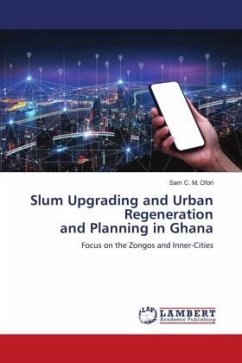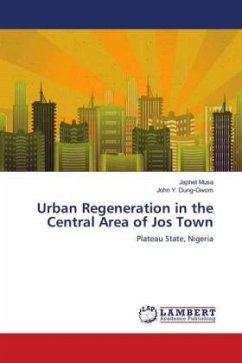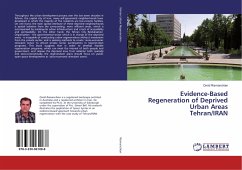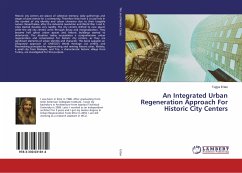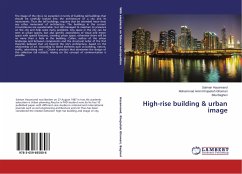Urban spaces and districts have continuously needed changes, regeneration and development. In order to respond this need, urban regeneration projects are implemented in urban areas. Some of these projects can be referred as successful and some others as unsuccessful. In this book, a generalization was made considering urban regeneration examples from the world, and criteria of gentrification of sustainability were selected for the case study area of the research. The cases of Çukurambar and Kizilirmak Neighborhoods are not compatible with the general perception that old residents in urban regeneration always lose. Particularly, regeneration in the neighborhoods is a process in which people win economically. In addition, these neighborhoods, which do not have considerable problems in terms of gentrification, have sustainability difficulties after urban regeneration. These difficulties were discussed in the research in terms of the indicators of transportation, identity of place and housing. As a result of observations, experiences and in-depth interviews, the success and failure of urban regeneration were objectively evaluated.
Bitte wählen Sie Ihr Anliegen aus.
Rechnungen
Retourenschein anfordern
Bestellstatus
Storno

